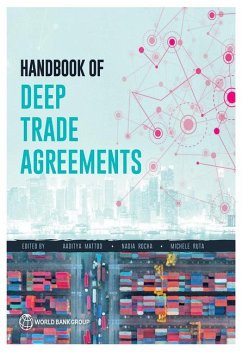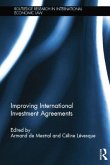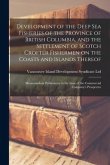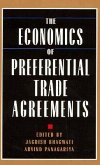Deep trade agreements (DTAs) cover not just trade but additional policy areas, such as international flows of investment and labor and the protection of intellectual property rights and the environment. Their goal is integration beyond trade or deep integration. These agreements matter for economic development. Their rules influence how countries (and hence, the people and firms that live and operate within them) transact, invest, work, and ultimately, develop. Trade and investment regimes determine the extent of economic integration, competition rules affect economic efficiency, intellectual property rights matter for innovation, and environmental and labor rules contribute to environmental and social outcomes. This Handbook provides the tools and data needed to analyze these new dimensions of integration and to assess the content and consequences of DTAs. The Handbook and the accompanying database are the result of collaboration between experts in different policy areas from academia and other international organizations, including the International Trade Centre (ITC), Organisation for Economic Co-operation and Development (OECD), United Nations Conference on Trade and Development (UNCTAD), and World Trade Organization (WTO).








